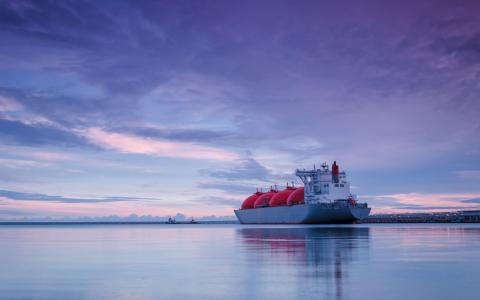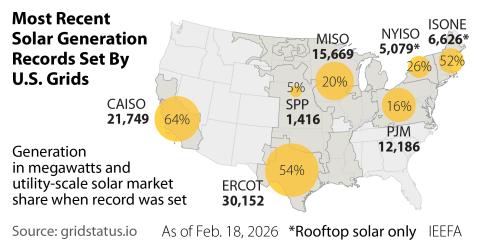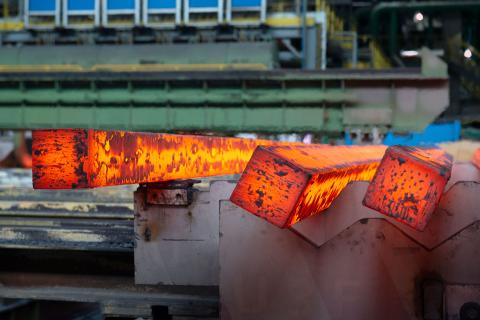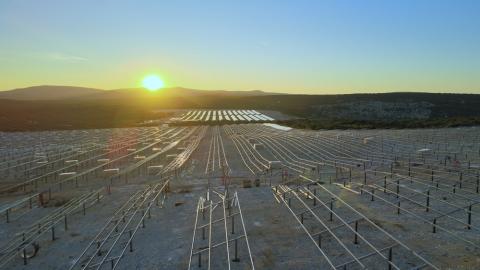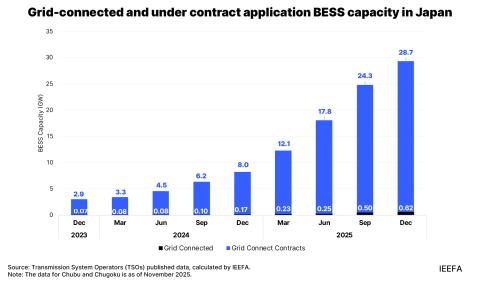EU gas imports to fall 25% by 2030 as demand reduction target exceeded once again
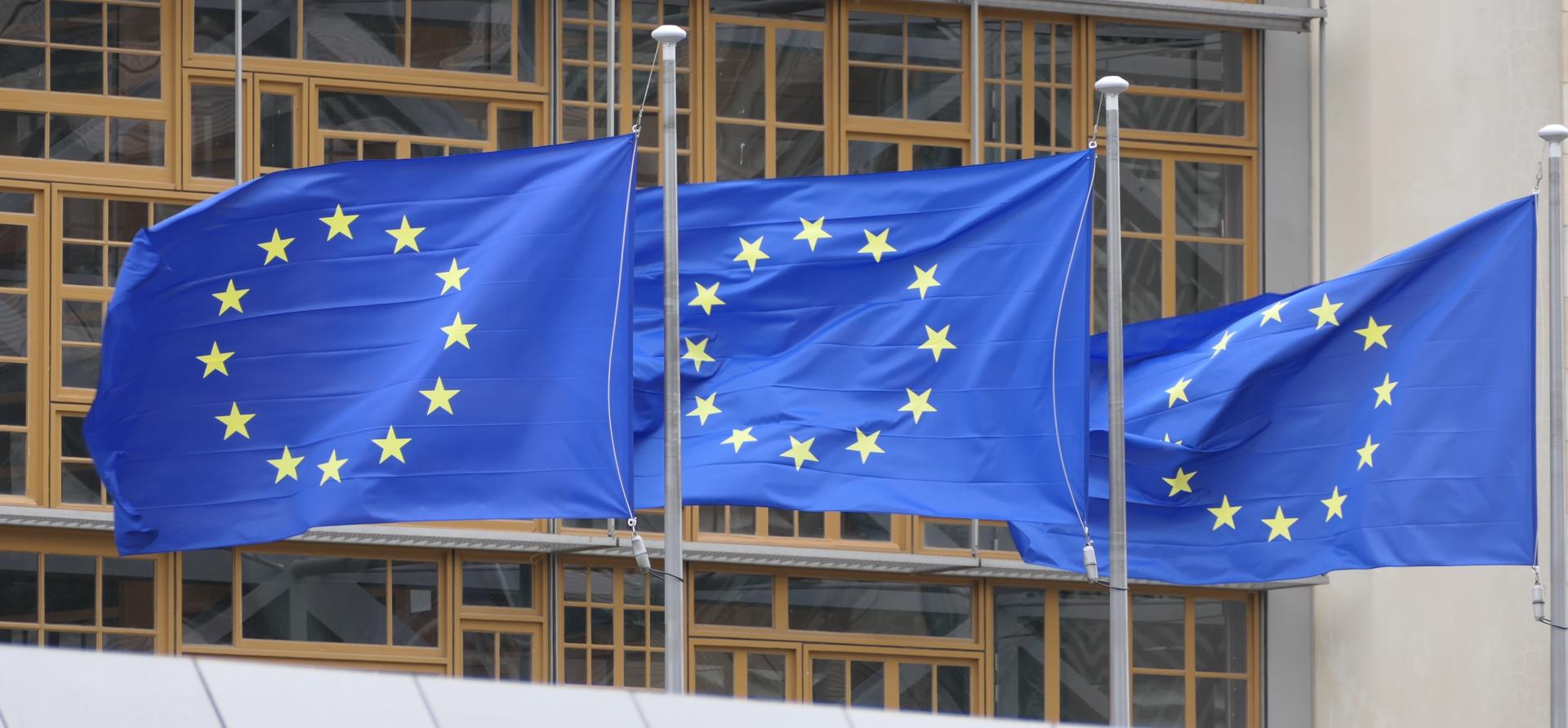
Key Findings
EU member states cut their gas consumption from April 2024 to March 2025 by 15.6% compared to their average annual consumption between April 2017 and March 2022.
As the EU expects the energy transition and the Action Plan for Affordable Energy to replace up to 100 billion cubic metres of gas by 2030, the bloc could satisfy demand without additional gas infrastructure or increased imports.
The projected fall in EU gas use could reduce the bloc’s combined gas and LNG imports by 25% between 2024 and 2030.
The REPowerEU plan’s goal of boosting EU energy security and competitiveness can be achieved by curbing gas consumption and replacing it with renewables and energy efficiency measures.
The EU launched its REPowerEU proposal in May 2022 to end its dependency on Russian fossil fuels by 2027. It expressed this commitment again in a roadmap published on 6 May 2025.
Three years on from the proposal, EU member states have realised that the plan’s aim of boosting the bloc’s energy security and competitiveness can be achieved by reducing gas consumption and replacing it with renewables and energy efficiency measures.
As part of REPowerEU, EU member states agreed to European Commission proposals to voluntarily reduce gas use. These were articulated in three targets, announced in 2022, 2023 and 2024.
Member states were encouraged to cut gas consumption from April 2024 to March 2025 by at least 15% compared to their average annual consumption between April 2017 and March 2022 (the reference period). The target was exceeded, as the EU curbed gas consumption by 15.6% from April 2024 to March 2025 compared to the reference period and increased it by 3.8% year on year.
While most EU member states exceeded the 2024-25 target, some fell short. Greece and Poland even increased consumption.
The European Commission’s communication on the REPowerEU Roadmap said: “The full implementation of the energy transition and the recent Action Plan for Affordable Energy are expected to replace up to 100 bcm [billion cubic metres] of natural gas by 2030. This corresponds to saving the EU more than 15 bcm of gas per year, or a further reduction in gas demand by 40-50 bcm by 2027, which will also facilitate the phase out of Russian gas imports.”
Since EU policies helped reduce gas consumption by 20% (about 80 bcm) between 2021 and 2024, replacing 100 bcm of gas by 2030 is possible.
The EU imported a total of 275 bcm of gas and LNG in 2024, which is greater than the expected demand of 233 bcm by 2030 if 100 bcm of gas is replaced in the next six years as indicated in the REPowerEU Roadmap. It is also greater than the EU’s expected 2030 gas demand of 190 bcm under the REPowerEU scenario in a recent LNG market report from the EU Agency for the Cooperation of Energy Regulators.
If this gas replacement plan continues in place, falling consumption could reduce the EU’s combined gas and LNG imports by 25% between 2024 and 2030.
EU efforts to curb gas demand and diversify energy sources have been vital for Europe’s security of supply. Cutting dependency on gas from Russia or any other country can be achieved if gas consumption reduction measures continue in place. As the EU expects the energy transition and the Action Plan for Affordable Energy to replace up to 100 bcm of gas by 2030, the bloc could satisfy demand without additional gas infrastructure or increased imports.


